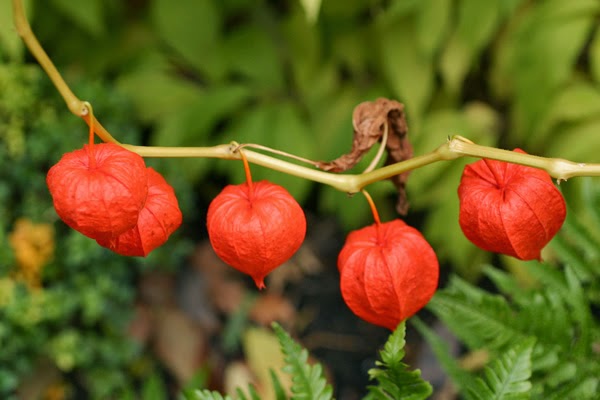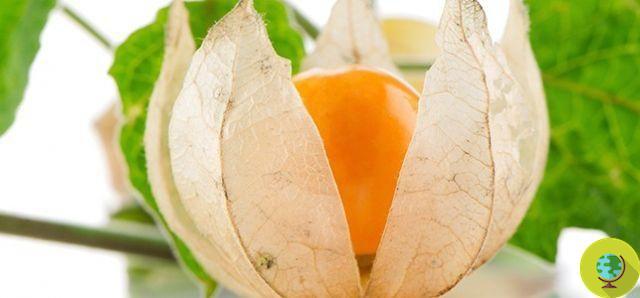Ashwagandha (Withania somnifera) is the name of one of the most powerful healing plants used in Ayurvedic medicine. Its use dates back to ancient times and is now known above all for its benefits as a tonic.
Don't store avocado like this: it's dangerous
Ashwagandha (Withania somnifera) is the name of one of the most powerful healing plants used in the Ayurvedic medicine. Its use dates back to ancient times and is now known above all for its benefits as a tonic.
In Sanskrit the name ashwagandha refers to strength and vigor and was traditionally prescribed to people who wanted to strengthen their immune system after an illness, according to as pointed out dal Chopra Institute.
Ashwagandha is often called indian ginseng because of its rejuvenating properties. However, from a botanical point of view, ashwagandha and ginseng are not related.
This plant belongs to the same family as the tomato, has oval leaves and produces yellow flowers and red fruits. It is native to the dry climate regions of India, Africa and the Middle East. It is now also grown in milder climates, including the United States.
Ashwagandha is recommended as a natural remedy especially in case of stress, fatigue, lack of energy and difficulty concentrating. From the point of view of Ayurveda it can relieve symptoms of fatigue and support our well-being.

Photo source: Health Report
Both the leaves and the fruits have medicinal properties, but today they are mainly used as a natural remedy roots of Indian ginseng. Medical research is studying the properties of this natural remedy on which numerous scientific studies have been published.
In particular ashwagandha is considered a beneficial remedy to use for protect the immune system, fight the effects of stress, improve memory and concentration, reduce anxiety, stabilize blood sugars and lower cholesterol. It also has invigorating and anti-inflammatory properties. It is believed to have an aphrodisiac power and can be useful in awakening desire for both men and women. Other indications concern premature aging, rheumatism and hypertension.

photo source: Chopra
According to Ayurveda, ashwagandha is able to improve our body's response to stress or changes in the surrounding environment. It helps us both against the accumulation of toxins in our body and in case of anxiety and insomnia.
We find ashwagandha for sale in herbalists and health food stores in capsule or powder form. The Chopra Institute recommends a recommended dose of 600 to 1000 mg twice daily for capsules. Advice for those suffering from anxiety and insomnia instead it is to mix a teaspoon of ashwagandha powder in a cup of milk to drink before going to sleep.
With regard to contraindications, the consumption of ashwagandha is not recommended for women during pregnancy. The recommendation before starting to take any natural remedy is to consult your doctor and herbalist to decide and evaluate methods, quantities and times of administration based on your health problems.
Marta Albè
Photo source: Curejoy
Read also:
GINSENG: A THOUSAND PROPERTIES, USES AND WHERE TO FIND IT
MACA: PROPERTIES, USES AND WHERE TO FIND PERUVIAN GINSENG


























